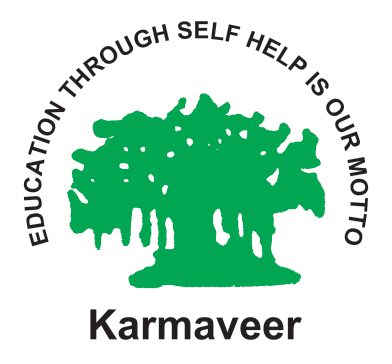Rayat Shikshan Sanstha's
MAHATMA PHULE ARTS, SCIENCE AND COMMERCE COLLEGE, PANVEL
Post Box No 124, Karanjade Village, Taluka- Panvel, District-Raigad. (MS)- 410206
Accredited by NAAC at "A+" grade with CGPA of 3.29
"Best College Award" by University of Mumbai
Recipient of Grant Under DBT Star College Scheme


